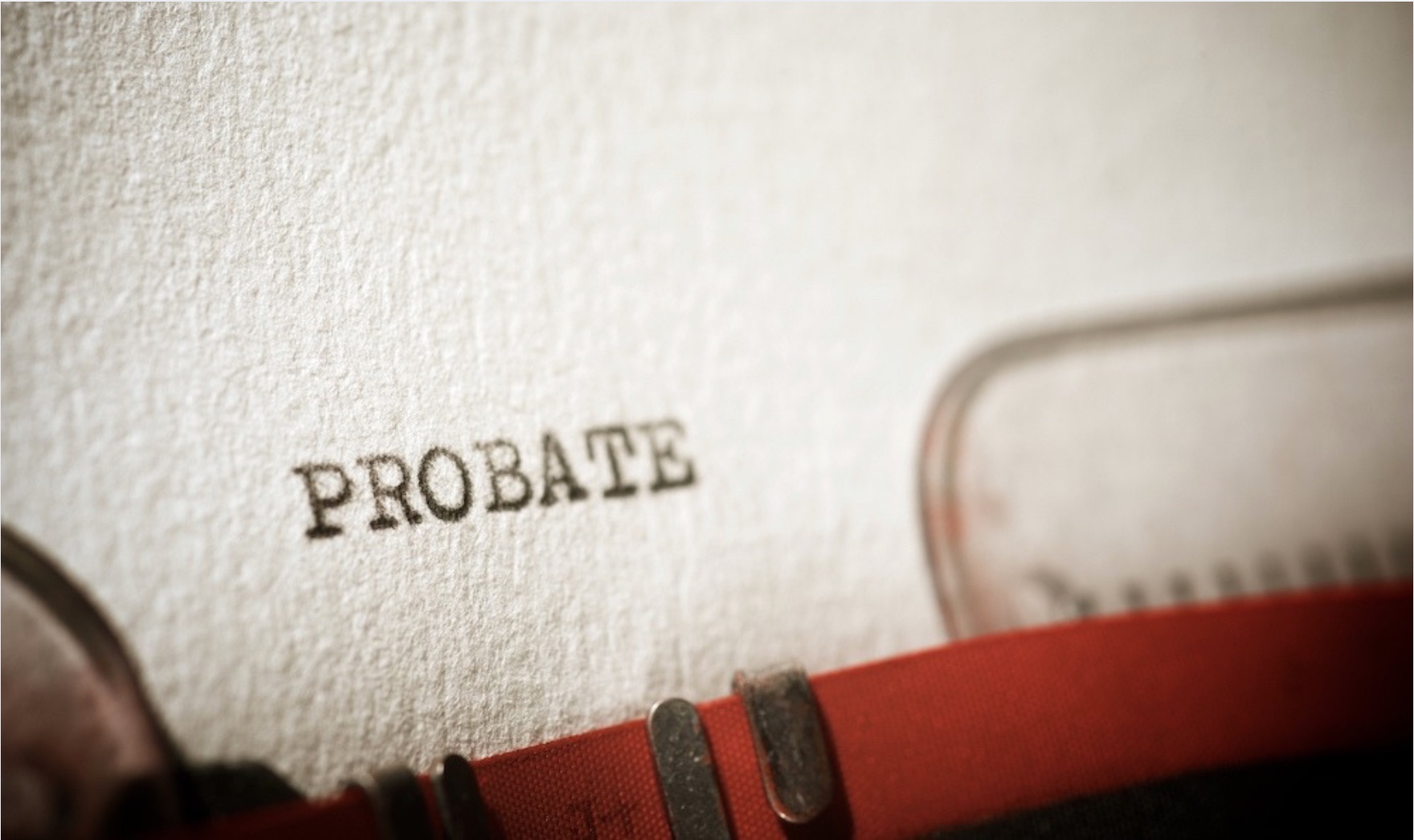
.
.
.
#ProbateValuations #InheritanceTaxTips #ExecutorAdvice #HMRCGuidance #AntiqueValuation #EstateManagement #MarketValueInsights #AvoidTaxMistakes #ProfessionalValuers #ProbateProcess #FamilyMythsBusted #InsuranceVsProbate #OpenMarketValue #TaxSavings #SwiftValuesExpertise
Probate Valuations – Advice for Executors
Probate valuations are a critical yet complex aspect of estate administration, particularly when dealing with antiques, collectables, and items of potential value. Executors must accurately assess the value of an estate for inheritance tax (IHT) purposes, ensuring compliance with HMRC requirements while avoiding unnecessary tax liabilities. Missteps in this process can lead to penalties, overpayment of tax, or disputes among beneficiaries. This guide provides essential advice for executors navigating the probate valuation process.
Understanding HMRC’s Probate Valuation Requirements
HMRC mandates that probate valuations reflect the “open market value” – the price an item would fetch if sold on the open market on the date of death. This is distinct from other valuation types, such as insurance or replacement values. For antiques and collectables, open market value typically aligns with auction prices rather than retail or sentimental values.
The valuation date must be the date of death, even if items are sold later for different amounts. HMRC can challenge valuations they deem inaccurate, potentially resulting in additional tax, interest, and penalties of up to 100% of the underpaid tax in cases of deliberate undervaluation. Proper documentation of how values were determined is crucial to defend against such challenges.
Beware of Family Valuation Myths
Family lore often inflates the value of heirlooms, creating unrealistic expectations. The antiques market has shifted significantly in recent decades, with changing tastes and demand affecting values. For example, traditional Georgian and Victorian furniture, once highly prized, now often sells for a fraction of its former value. Conversely, mid-century modern furniture from the 1950s and 60s has surged in popularity and price.
Executors must base probate valuations on current market conditions, not historical value or family sentiment. What matters is what a buyer would pay today, not what an item was worth in the past.
Don’t Rely on Insurance Valuations
Insurance valuations and probate valuations serve different purposes, and confusing the two can lead to costly mistakes. Insurance values typically reflect retail replacement costs, which are often higher than open market values. For example, a Georgian mahogany sideboard insured for £4,000 might sell at auction for just £300-500. Using the insurance figure for probate would artificially inflate the estate’s value, potentially increasing the inheritance tax bill unnecessarily.
HMRC explicitly requires open market values, not insurance values. Executors must ensure they use the correct figures to avoid overpayment of tax.
When to Call in Professional Valuers
For estates approaching or exceeding the IHT threshold, professional valuations are essential. Even for smaller estates, HMRC expects executors to demonstrate “reasonable care” in their valuations, and professional assessments help fulfil this obligation.
Experienced valuers understand current market conditions and can identify valuable items that executors might overlook. For example, an innocuous-looking vase or vintage watch could be worth thousands, while family “treasures” might have little market value. Professional valuations are particularly valuable for specialist collections, jewellery, art, and antiques.
The cost of professional valuations is often outweighed by the potential tax savings and protection they provide. Services like Swift Values offer accessible options, including online item valuations from £25 and comprehensive house contents valuations from £99, conducted by experienced professionals.
Probate Valuations – Final Thoughts
Accurate probate valuations are a cornerstone of effective estate administration. By understanding HMRC’s requirements, disregarding family myths, using appropriate valuation methods, and seeking professional help when needed, executors can fulfil their legal obligations while protecting the estate from unnecessary taxation.
The consequences of inaccurate valuations can be significant, ranging from HMRC investigations to missed tax savings or unfair distribution among beneficiaries. Taking a thoughtful and informed approach to the valuation process demonstrates good stewardship of the deceased’s estate.
For further guidance, resources like the Swift Values blog and valuation advice service provide valuable insights into specific challenges executors may face.
About the Author
Mark Littler is a seasoned valuation expert with a career spanning auctioneering at Tennants Auctioneers and founding Mark Littler LTD in 2016. In 2024, he established Swift Values, a specialist probate valuation service designed to help solicitors and private executors manage estate administration efficiently through in-person and online valuation services. His expertise ensures executors navigate the complexities of probate valuations with confidence.
By following this advice, executors can approach probate valuations with clarity, ensuring compliance with HMRC requirements while safeguarding the estate’s financial interests.


